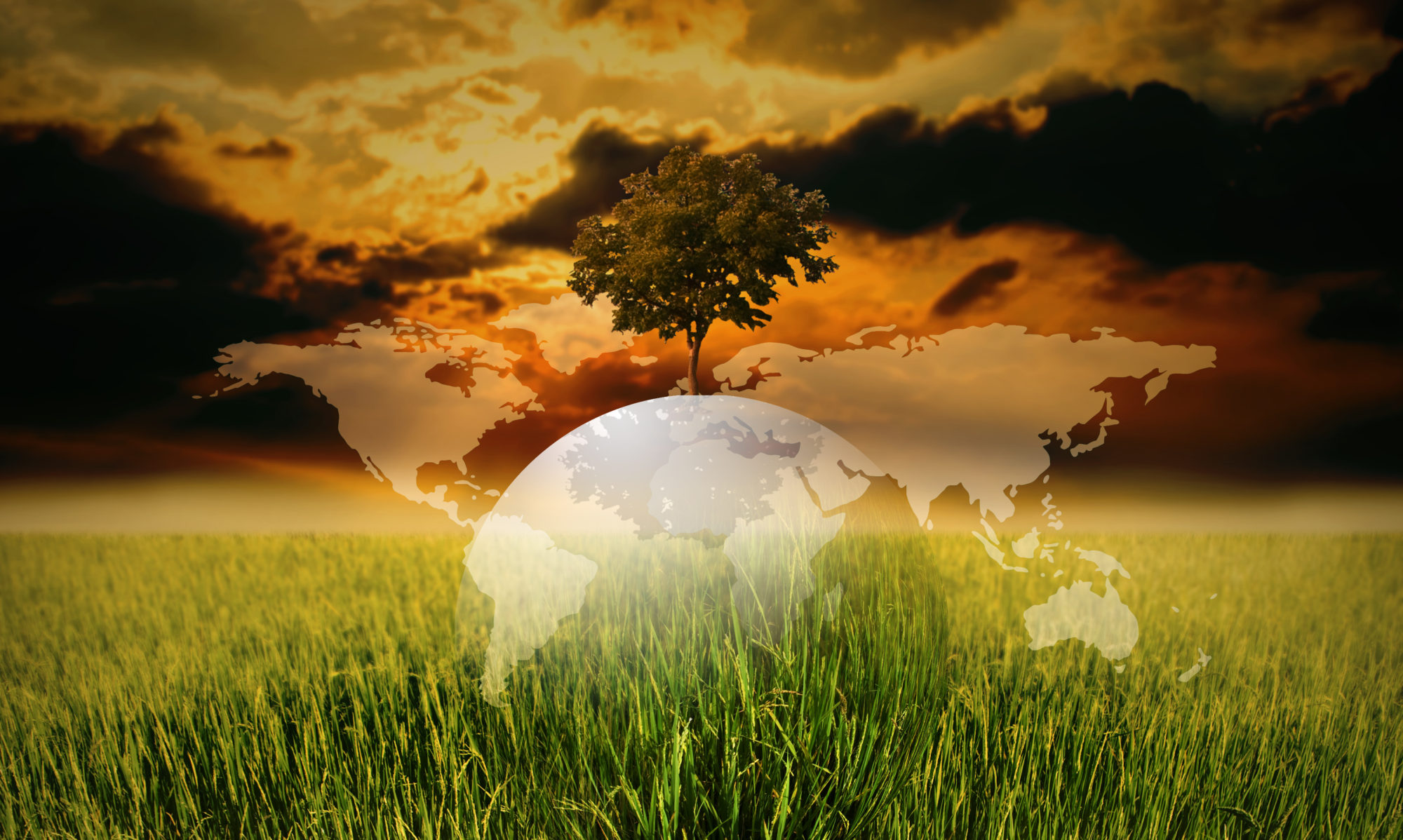
Icons made by srip from www.flaticon.com
In spite of the extreme and negative implications of the COVID-19 pandemic, some people have put forward that the disease might be what the world needs to break negative trends – and that it might actually be good for the environment. It might seem like that the Earth is recovering as people stay at home and wildlife returns to places from where it previously had been banned. For some, it may even be tempting to smile at nations crumbling to their knees as economic growth is finally seeming to end. As planes are grounded and factories are closing, carbon emissions are dropping around the world. In China, carbon emissions fell by 25% due to the lockdown in the beginning of 2020 and in March 2020 in Italy, nitrogen dioxide (NO2) emissions diminished to a fraction of what they were before, as shown in satellite images by ESA.
However, these effects are very local and temporary. In a paper in May 2020 in Nature, Le Quéré et al (2020) conclude that even though daily global CO2 emissions decreased by 17% in early April, the total drop in emissions for the year 2020 will probably ‘only’ be in the range of 4-7%. And in 2021 they will most likely go up again, eradicating the reduction of this year.
So, the positive effects of COVID-19 might be very slim. The horrific human impacts with hundreds of thousands dead already, directly linked to the disease, are obvious. But in what other ways may the COVID-19 pandemic impact sustainability? And what about sustainability in education, does that exist anymore?
In reality, the pandemic is extremely dangerous both from a social and an environmental perspective. And one of the most disturbing consequences seem to be a dramatic drop in initiatives and efforts for increased sustainability. In countries, corporations and schools alike, it is as if ‘sustainability’ would suddenly be regarded as that luxury ingredient of the dish that we no longer can afford, when in reality it is the ingredient that holds all the nutrients without which we will not survive.
SDGs on decline
The Sustainable Development Goals (SDGs) of Agenda 2030 have been efficient in bringing a focal point to sustainability discussions, not least in education for sustainable development. Collectively, the 17 Goals and the 169 Targets form an easy-to-grasp summery of a reasonable to-do-list for humanity. They also convey the message that sustainability can only be reached by taking a systems perspective, and by respecting opposing viewpoints, since the SDGs are intrinsically indivisible. Progress in one SDG can lead to second-order effects in other SDGs that can be either beneficial (synergies) or unfavourable (revealing goal-conflicts). Taking a systems approach means trying to disclose the feedback loops of the system and inciting the beneficial ones while repelling the detrimental ones. In education for sustainable development, this is one of the natural starting points.
Already before the COVID-19 pandemic, most of the SDGs were already off target. In the newly published The Sustainable Development Goals Report2020, the United Nations reveal that the coronavirus pandemic has put the SDGs out of reach.
For example, childhood vaccination programmes have been delayed in 70 countries around the world, and more than 70 million people will be forced into extreme poverty this year, breaking a slow but steady trend that has been in the right direction for decades. The goals to eliminate poverty, hunger and inequality, and to promote health, well-being and economic growth are headed for extinction. The pandemic risks wiping our years of improvements.
As schools have closed, this has prevented 94% of the world’s schoolchildren and students – nearly 1,6 billion learners – the chance to go to school. In low and lower-middle income countries, up to 99% of the learners have been affected by school closures (Policy Brief: Education during COVID-19 and beyond by the UN, August 2020). In many countries, schools have tried to continue in the form of distance studies and although millions of teachers across the world have made a heroic effort to transform classroom studies into online studies in almost no time, millions of students are in the risk of loosing out because of this. The UN is anticipating an increased dropout rate due to the pandemic, both due to direct effects of school closures and additional impact due to increased economic inequalities if millions of people are pushed into severe poverty.
What is even worse is that it seems that the efforts to work strategically for the SDGs have been weakened. Many European Union sustainability initiatives have been postponed, diluted or cancelled. The United Nations have postponed or abandoned many of their sustainability meetings, for example the Glasgow Climate Change Conference.
Time to step up
Not least in education for sustainable development, I have noted a sudden and dramatic reduction in efforts to integrate sustainability in courses within most education disciplines as educators struggle to reinvent education to fit online.
My call to action for all educators is to use this opportunity, when you anyway are making such dramatic changes to your courses, to make them smart. Use sustainability as a motivator for students to stay tuned during distance learning challenges. Use the Global Goals as a point of departure for whatever you want them to learn about the core subject. Use the pandemic as a source for discussion.
It is time to step up for sustainability, and to turn this challenge into the enormous opportunity in education for sustainable development that it could be!

